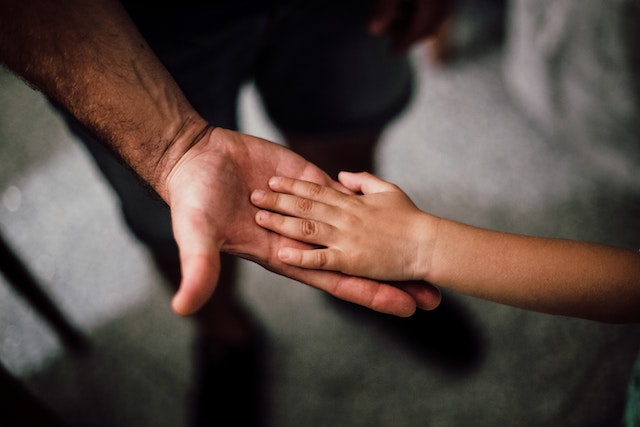
Even though it seems rare, Obsessive Compulsive Disorder (OCD) is pretty common in both adults and children. Like many other mental health concerns, it can sometimes feel taboo to talk about, making it seem as if not many people suffer from it.
It might be surprising to hear that children can also develop OCD. In children, OCD symptoms can sometimes be more difficult to recognize than they are in adults. Recognizing how to spot OCD early on, however, can help you and your child manage their symptoms.
OCD Symptoms In Children
OCD can present itself in a variety of ways for both children and adults. Specifically, children may be excessively concerned about dirt, germs, or cleanliness. Alternatively, they may voice repeated fears about the same things time and time again. This could be regarding fear that the batteries in the smoke detector are working or installed properly. They could become scared when they leave the house, needing to ensure the doors or windows are locked.
OCD symptoms often manifest in children so subtly that it’s hard to spot. Children, similar to adults, do have fears and worries. However, it will be worth paying attention to if the same topic of concern continues to come up with them.
Children may also focus on counting to a certain number a specific amount of times during a task. Or, they might touch an object a certain number of times to complete their compulsion.
What Causes OCD?
There are no singular causes of OCD. However, it is more likely to manifest when a child has a family member with a history of OCD or anxiety. If a child has gone through a traumatic or highly emotional experience, it could also make them more likely to develop OCD.
 While it is hard to pinpoint exact causes, it often happens when a feel-good stress endorphin, called serotonin, is insufficient in a person’s body, including children. Serotonin is the hormone that helps to promote feelings of happiness and relaxation. Without it, children and adults can struggle with feelings of anxiety, sadness, and stress, which puts them at a greater risk of developing OCD tendencies.
While it is hard to pinpoint exact causes, it often happens when a feel-good stress endorphin, called serotonin, is insufficient in a person’s body, including children. Serotonin is the hormone that helps to promote feelings of happiness and relaxation. Without it, children and adults can struggle with feelings of anxiety, sadness, and stress, which puts them at a greater risk of developing OCD tendencies.
OCD, regardless of what causes it, is often a tool for self-soothing. When things feel out of control, the habits that children and adults develop help them to feel some semblance of control.
How To Help A Child Who May Have OCD
If you are concerned about your child having OCD, the first thing to do is to seek out support from their pediatrician. Open up the discussion with their doctor and talk about the symptoms and habits that they are presenting with. If an official diagnosis is made, many parents often worry about if their child will be started on medication. While medication can be useful, it is not often prescribed to children for OCD.
Instead, a more natural or holistic option is preferred to help manage their symptoms. Therapy is often a fantastic and effective tool for children to face their fears without having the need for their compulsions.
At home, a child should never be punished if they do end up using compulsive behavior. Instead, they should be rewarded and recognized for the moments when they don’t turn to them as a way to keep calm.
Having a child who has OCD can feel very overwhelming at times, not because of the condition itself, but not knowing how to help them fully.
OCD Treatment for children can help both you as a parent and them learn to manage their symptoms so their obsessions don’t control them. Don’t hesitate to reach out to learn more about how we can help with childhood anxiety disorders.

